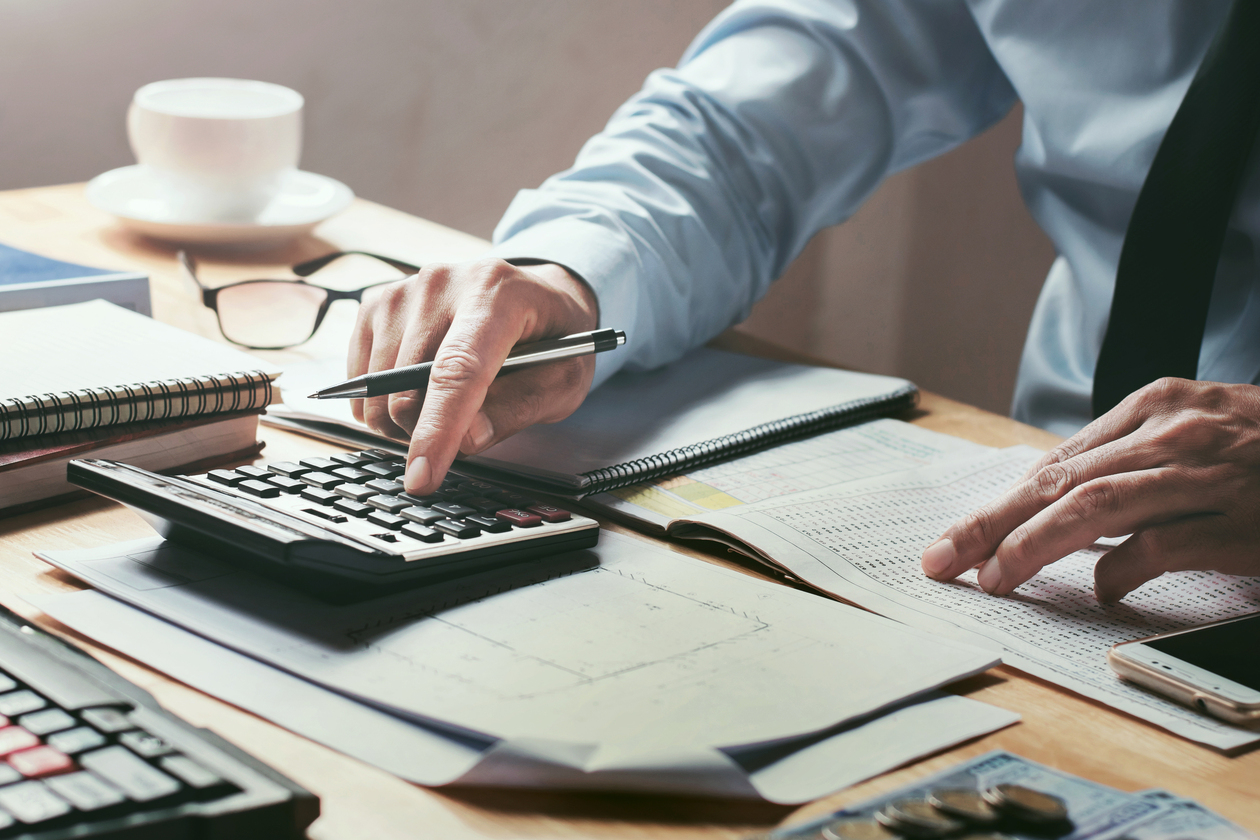
Pension Boost
The unique combination of tax breaks and flexible access available to pensions make them a compelling choice when saving for retirement. One of the key benefits of saving into a pension rather than another type of savings or investment vehicle is the generous tax relief you’re entitled to receive.
Making the most of pension saving involves maximising tax relief and allowances which could substantially boost your retirement savings.
What is the pension annual allowance?
All UK taxpayers are entitled to claim tax relief on contributions they make to their pension. Tax relief is on pension contributions of up to 100% of relevant UK earnings (£3,600 p.a. if more). But there is a cap on how much you can contribute while claiming tax relief, which is called your annual allowance.
The current pension annual allowance in the tax year 2021/22 is £40,000, but in some cases, yours could be lower. If your taxable income is less than £40,000, your personal tax relievable contributions are limited to 100% of earnings (£3,600 p.a. if more). If your total taxable income (adjusted income) exceeds £240,000, your annual allowance may be tapered.
What is the tapered annual allowance?
The tapering rules are complex but, put simply, for every £2 of adjusted income you receive above £240,000, your annual allowance reduces by £1. The minimum annual allowance is £4,000, for those with an income above £312,000.
What happens if you don’t use all of your pension annual allowance?
If you don’t use all of your pension annual allowance, you could be missing out on tax relief that you are able to claim.
Of course, you may not be able to afford to contribute the maximum in every tax year. So, it’s helpful to know that you can carry forward unused annual allowance to use in the future.
What is pension carry forward?
Pension carry forward allows you to use unused annual allowance from up to three previous years as long as you had a pension plan in those years.
So, for example, if you’re a UK taxpayer with a salary of £100,000, and you have only used £20,000 of your pension annual allowance in each of the last three tax years, you have £20,000 of unused annual allowance from each year, totalling £60,000.
This year, the maximum you could potentially contribute towards your pension is £100,000 – £40,000 from this year’s annual allowance, plus the £60,000 from your previously unused annual allowance.
When is carry forward useful?
Usually, when you’re self-employed and your income changes drastically from year to year; you’ve received a windfall in this tax year that you’d like to pay into your pension; you have your own limited company and have additional profits to utilise or; you’ve become a high earner with a tapered annual allowance.
How do you claim pension carry forward?
When planning to make large pension contributions, spreading them across tax years can mean higher rate relief is available on the full contribution. You can utilise pension carry forward by making additional contributions to your pension and you don’t need to notify HM Revenue & Customs to do this.
However, if you accidentally exceed the annual allowance (including any carry forward), you could be penalised. So, it’s important to check your past pension statements to see how much unused pension annual allowance you have and keep records to prove that you’re eligible to carry forward.
This is a complex calculation, so to be sure you’re following the rules exactly, it’s sensible to obtain professional financial advice.
Plan for a successful retirement
Saving into a pension is one of the most tax-efficient ways to save for your retirement. Not only do pensions enable you to grow your retirement savings largely free of tax, but they also provide tax relief on the contributions you make. To discuss your retirement plans or any concerns you may have, please contact us.
This information has been prepared using all reasonable care. It is not guaranteed as to its accuracy, and it is published solely for information purposes. It is not to be construed as a solicitation or offer to buy or sell securities and does not in any way constitute investment advice.
Information based on our current understanding of taxation legislation and regulations. Any levels and bases of, and reliefs from, taxation are subject to change.
The value of investments and income from them may go down. You may not get back the original amount invested.
Past performance is not a reliable indicator of future performance.
